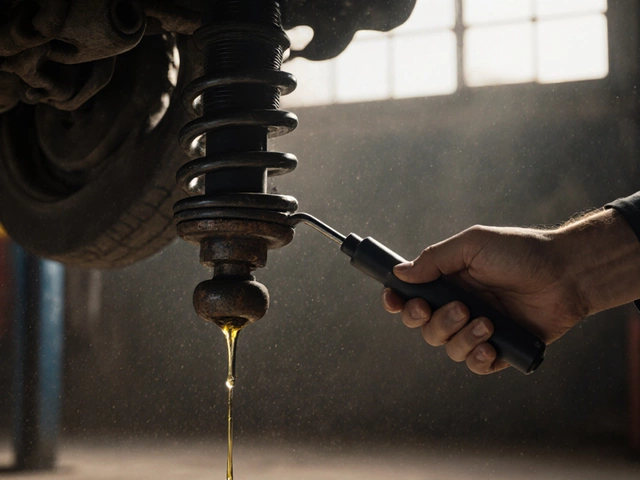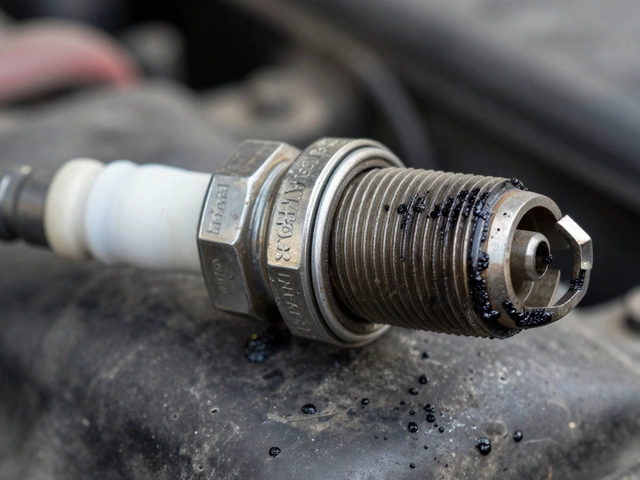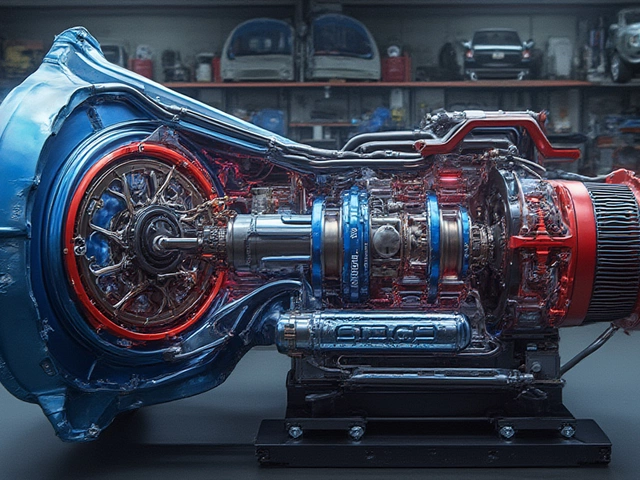Non-Spark Engines: What They Are and How to Keep Them Running
If you own a diesel or any other engine that doesn’t use spark plugs, you’re dealing with a non-spark engine. These engines rely on compression heat to ignite fuel, which means they behave a bit differently from the typical petrol engine most drivers know.
Understanding the basics helps you avoid costly repairs. In a non-spark engine, the fuel is mixed with air, squeezed tightly, and the heat from that squeeze lights it up. Because there’s no spark plug, the timing and pressure are the key players.
Everyday Maintenance Tips
First thing to check is the fuel filter. Diesel fuel can carry a lot of tiny particles, and a clogged filter will make the engine struggle to start. Swap it out at the mileage interval the manufacturer recommends – usually every 20,000 miles or so.
Next up, keep an eye on the oil. Non-spark engines often run hotter, so the oil degrades faster. Regular oil changes keep the internal parts lubricated and prevent wear. If you notice black smoke or a strong smell from the exhaust, it could be a sign the oil needs changing sooner.
Air intake is another hidden hero. A clean air filter ensures the right mix of air and fuel. A dirty filter can cause the engine to run rough or even stall. Check it every few thousand miles and replace when it looks clogged.
Common Problems and Quick Fixes
One frequent issue is fuel pump failure. If the engine cranks but won’t start, test the pump pressure with a gauge. Low pressure usually means a bad pump or a leak in the fuel line. Replacing the pump can be pricey, so always double‑check before ordering parts.
Another trouble spot is the glow plugs in diesel engines. They help the engine start in cold weather by heating the combustion chamber. If you hear a longer cranking time on cold mornings, the glow plugs might be worn out. Swapping them out is a simple DIY job for most owners.
Turbocharged non‑spark engines can develop lag or lose power if the turbo seals leak. Look for a hissing sound or a sudden drop in boost pressure. A professional cleaning or seal replacement can restore performance.
Finally, keep the cooling system in check. Overheating can damage pistons and rings. Flush the coolant every two years and verify the radiator hoses aren’t cracked. A reliable thermostat and water pump keep the engine temperature stable.
By staying on top of these checks, you’ll keep your non‑spark engine humming for miles. If you ever feel unsure, a quick visit to a trusted garage like Northwich Tyres Centre can give you peace of mind and professional advice.
 1 August 2025
1 August 2025
Can a Car Run Without Spark Plugs? Essential Facts for Car Owners
Dive into the facts: Can your car actually run without spark plugs? Learn the role of spark plugs, what happens if they fail, and which engines do things differently.
Latest Posts
-

How Much Does It Cost to Replace a Bad Radiator?
-

How to Improve Suspension Comfort: Simple Upgrades for a Smoother Ride
-

Unlocking the Secrets of Air Filters: Why They're More Important Than You Think
-

How Do I Tell If I Need New Spark Plugs? Signs You Can’t Ignore
-

Stage 2 Clutch Kit Explained: Benefits, Performance, and Why Drivers Upgrade
Tags
- car maintenance
- engine oil
- spark plugs
- brake pads
- engine performance
- vehicle maintenance
- spark plug replacement
- windshield wipers
- fuel pump
- suspension parts
- clutch replacement
- clutch kit
- car performance
- oil change
- air filters
- car suspension
- car radiator
- exhaust systems
- engine misfire
- fuel pump failure

0